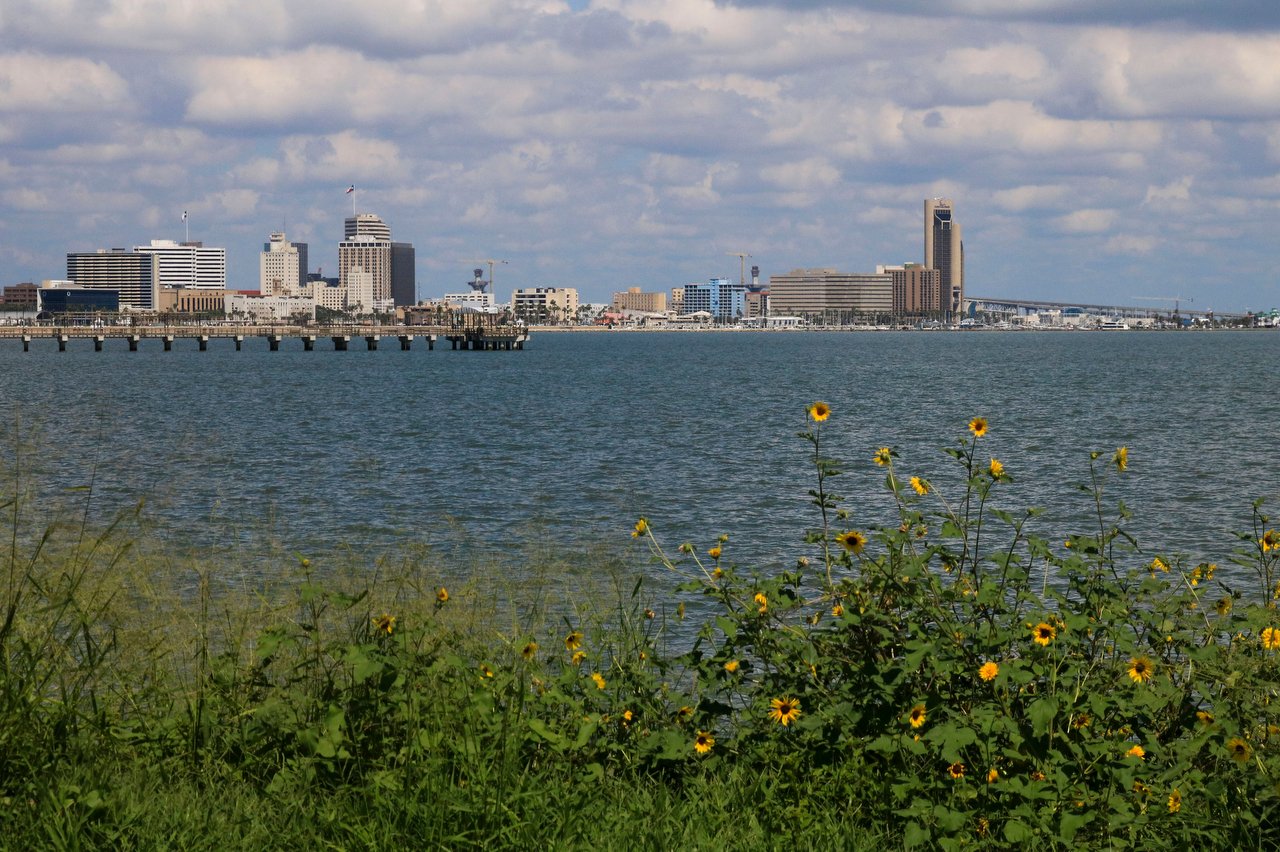Have Texas Democrats Already Won?
Bill White's competitive campaign is changing minds—both nationally and here in Texas—about the long-faltering party's future prospects.
“Give me an f-ing break,” my skeptical New York friend said. “A Democrat winning in Texas—especially this year? I’ll believe that when I see it.”
She had just read last week’s New York Times story about the governor’s race, which was full of jaw-dropping news for non-Texans. “A few months ago,” wrote James C. McKinley Jr., “Texas political consultants thought that a Democrat had about as much chance of winning statewide office as a donkey would have of winning the Kentucky Derby. Those odds seemed to grow longer as the anti-tax, anti-government movement known as the Tea Party gathered more followers. Yet recent polls suggest Texas has a horse race for the governor’s office after all.”
Say what?
After all those months of watching Rick Perry on cable TV, fulminating about states’ rights and stimulus money, most non-Texas folk probably figured the man was perfect for Texas—a kind of human embodiment of our irrational, gummint-hating politics.
And Bill White? If they’d heard of him, they had to figure he sounded too sensible, too successful as a big-city mayor, too—I don’t know, smart—to have a snowball’s chance in Brownsville of winning down here.
After all, isn’t Texas the biggest red state of them all? And aren’t we in the middle of mid-term year when everything’s tilting Republican?
Yes and yes. But Texas, and White, are so far defying expectations in a pretty spectacular way. At least that’s what the polls say. The recent numbers, showing the former Houston mayor within striking distance of the state’s longest-serving governor, have raised eyebrows everywhere. The result can only be positive for Texas Democrats—whether White ends up pulling the country’s biggest upset on Nov. 2 or not.
Since the mid-’90s, if not before, the only investment the national Democratic Party has been willing to make in Texas, by and large, has been plane tickets into and out of Dallas, Austin and Houston to raise money to use in other states’ campaigns. Texas has been an ATM for the Democrats. But the state has been written off by the party in presidential election years, and investments in Congressional and statewide races have been scant. (Organizing for America, the Obama campaign spinoff, does have field organizers on the ground on the state.) Texas was considered incurably, inflexibly Republican; everybody knew that.
But national Democratic leaders—the bright ones, anyway— also know that demographics are turning Texas into a state that’s likely to be highly competitive within the next decade. The question was when voting patterns would start to catch up with population numbers in this minority-Anglo state. And the answer, it appears, could be sooner rather than later.
To make things even more dramatic, the Democrat with a chance to knock off Rick Perry isn’t even a drawling, shit-kicking good ol’ boy (or good ol’ gal) who can compete toe-to-toe in a cultural-stereotype contest with the governor. White is no flaming liberal, of course, but in most ways he’s the antithesis of the kind of political character most would expect to have a chance in Texas. His selling points are smarts and steadiness. Who’d have ever imagined those qualities would appeal to denizens of the state that send the Bushes to Washington?
Even if White loses on Election Day, a competitive race to the finish now seems likely. That will continue to garner national attention—partly because of the surprise factor. In a year when good news is a precious commodity for Democrats, Texas looks like a bright spot. The novelty of that makes for a hellacious story. And the state’s reputation as a GOP stronghold is being shaken a little every time the story is told.
As long as Perry doesn’t come on strong and win by 10 points—which looks unlikely at this point—White’s competitive campaign will pay long-term dividends for Texas Democrats, win or lose. The national party will have to take the state more seriously, and start looking for opportunities here.
Does that mean the Obama campaign will spend mega-millions to try and win Texas in 2012? Probably not, given the national mathematics and the sheer expense of running a campaign in this big-ass state. But here’s what it does mean: Talented challengers for statewide and Congressional offices won’t be automatically written off by the Washington Dems in 2012 and beyond. Some of that Texas Democratic money just might start flowing back into the state. The idea that Texas is unwinnable will no longer be a given. Still a long shot? Maybe. But impossible? Clearly not.
The odds—and polls—still favor Perry. But win or lose, in the crucial game of changing perceptions about the state’s political future, White’s campaign has already done Texas Democrats a bundle of good. And for lethargic Democrats who’ve long given up on bothering to vote in a losing cause, it looks like there’s going to be a compelling reason to turn out on Nov. 2.
I’ve been skeptical all along that White’s strategy—sounding a moderate-to-conservative note in all things, forcibly cleaving himself from President Obama, courting independent voters and moderate Republicans rather than focusing on expanding the Democratic (and Latino) base—will turn out enough enthused voters to put him over the top. But hope also fuels political victories. Democrats in this state now have some.


